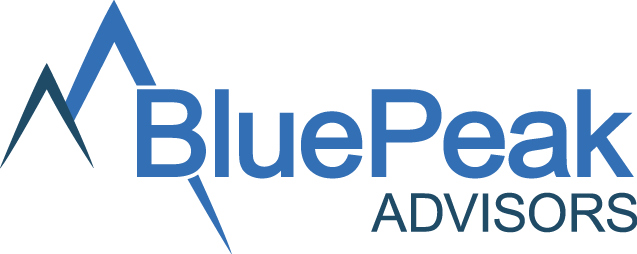CMS has announced a 30-day comment period for the proposed collection entitled “The PACE Organization (PO) Monitoring and Audit Process” (CMS-10630; OMB control number: 0938–1327). This notice was published on July 14, 2025, and can be accessed at the following link: Federal Register Notice.
The deadline for submitting comments is August 13, 2025. It is crucial that your feedback is received by this date, either electronically or by mail, following the instructions provided in the notice.
The supporting statement and related forms for the proposed collection are available for review at: CMS Supporting Documents.
Key Highlights of the Change in Organizational Burden from the 2023 to 2026 protocol include:
- The number of documents in the audit protocol increased from 24 in 2023 to 34 in 2026.
New additions for 2026 include:
- 7 impact analyses templates
- A cover sheet for element case files
- A request for additional information template
- A corrective action plan template
Four new impact analyses were added due to regulatory changes, and three were separated from existing templates for clarity and efficiency.
- These templates are used only if a related deficiency is identified during an audit.
New documents aim to simplify and organize supporting documentation for the audit process.
- Case file cover sheets act as a checklist to ensure all necessary documents are submitted, streamlining the audit review process.
- The request for additional information template provides guidance for addressing potential non-compliance issues.
- The corrective action plan template aids in submitting corrective action plans more efficiently.
- Two collection requirements from the 2023 protocol were removed to reduce resource demands and expedite audit closure:
- Monitoring reports for service provision.
- CAP implementation and monitoring submissions.
- Overall, the 10 additional documents and minor changes in the 2026 protocol do not significantly increase the burden on POs (780 hours for each audit). CMS does note the revisions are intended to reduce burden and better align with original estimates.
Additionally, responses to the 60-day comments can be found under the Download section at: PACE Audits Responses. In summary, the key highlights from the CMS response to public comments on CMS-10630 include the following:
- Audit Scoring Clarification: CMS clarified that audit scores are detailed in the Executive Summary of Findings in the Draft and Final Reports provided to audited POs.
- Classification of Non-Compliance: CMS explained that classifications like observations, CARs, and ICARs are described in the audit reports, with each case evaluated individually.
- Initial Comprehensive Review (ICR) Process: CMS clarified that the ICR process follows the same audit processes, with some data collection elements potentially not required.
- Removal of Monitoring Reports: Commenters supported the removal of monitoring reports from audit documentation, which CMS acknowledged.
- Compliance Standards Update: CMS updated compliance standards to reflect current regulations, including allowing oral or written notifications for certain extensions.
- Audit Protocol Organization: CMS maintained the current organization of compliance standards and documentation sections to avoid redundancy and improve audit efficiency.
- Reduction in Medical Records Review: Commenters supported the reduction in the number of medical records reviewed, which CMS acknowledged.
- Personnel Records Evaluation: CMS included additional criteria for evaluating compliance with medical clearance requirements.
- Clarification on Grievance and SDR Policies: CMS clarified that POs are not required to upload grievance and SDR policies.
- Audit Survey and Feedback: CMS will continue to consider feedback from the PACE Audit Survey to improve the audit process.
- Root Cause and Impact Analyses: CMS emphasized the importance of RCAs and IAs in understanding non-compliance and developing corrective actions, while being mindful of the burden on POs.
- Audit Templates and Clarifications: CMS made several updates to templates and instructions to improve clarity and reduce burden, including aligning language and modifying examples.
- Burden Concerns: CMS acknowledged concerns about the audit burden and made changes to reduce it, such as removing certain data collection requirements and providing templates.
- Infrastructure Development Encouragement: CMS encouraged POs to develop infrastructure to track services and ensure participant needs are met.
- Revised Burden Estimates: CMS adjusted burden estimates to more accurately reflect the time and resources required for audits, acknowledging previous underestimations.
As you can see from the 60-day comments above, your input is invaluable in shaping the future of PACE programs and ensuring that they continue to meet the needs of our communities effectively. We strongly encourage you to review the proposed updates and submit your comments within the specified timeframe.
Thank you for your attention to this important matter and for your continued commitment to enhancing the care and services provided through PACE programs. BluePeak is here to support your PACE Organization’s compliance and commitment to the CMS audit process.
